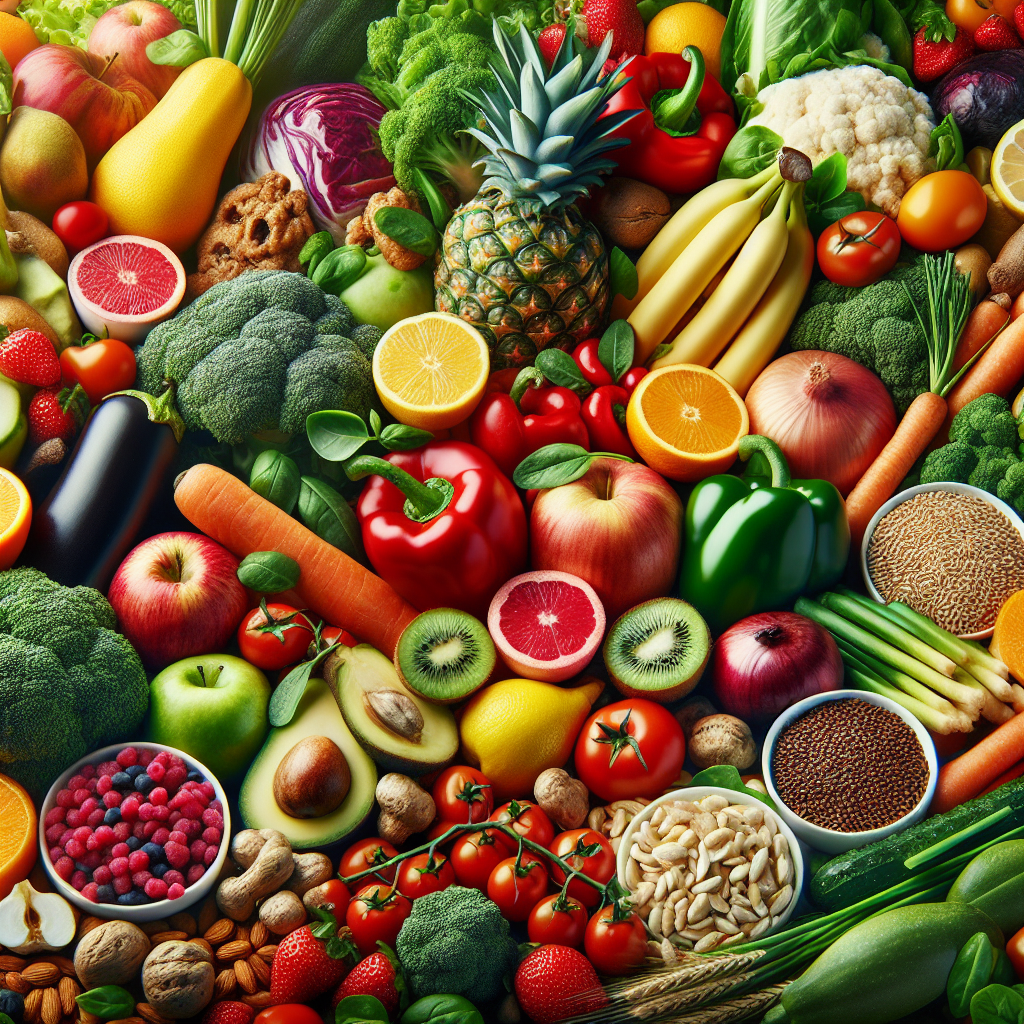Understanding the Importance of Macronutrients in a Balanced Diet
Understanding the importance of macronutrients in a balanced diet is crucial for maintaining a healthy lifestyle. Macronutrients are the nutrients that our bodies require in large amounts to function optimally. These essential components include carbohydrates, proteins, and fats.
Carbohydrates are the body’s primary source of energy. They are found in foods such as fruits, vegetables, whole grains, and legumes. Consuming the right type of carbohydrates, such as complex carbohydrates, is important for sustained energy levels and overall health.
Proteins are vital for the growth, repair, and maintenance of tissues in the body. Sources of protein include meat, fish, dairy products, legumes, and nuts. Including a variety of protein sources in the diet ensures that the body receives all the essential amino acids it needs to function properly.
Fats are another important macronutrient that often gets a bad reputation. However, healthy fats are crucial for brain function, hormone production, and the absorption of fat-soluble vitamins. Healthy fat sources include avocados, nuts, seeds, and olive oil.
Creating a balanced diet that includes the right proportions of carbohydrates, proteins, and fats is key to supporting overall health and well-being. Understanding the role of each macronutrient and making informed choices about the foods we consume is essential for maintaining a nutritious and balanced diet.
By prioritizing a diverse range of whole foods that provide these key macronutrients, individuals can optimize their nutrition and support their journey towards a healthier lifestyle.
Incorporating Micronutrients for Optimal Health and Well-being
When it comes to maintaining a balanced diet, most people focus on macronutrients such as carbohydrates, proteins, and fats. However, incorporating micronutrients into your diet is equally essential for achieving optimal health and well-being. Micronutrients, including vitamins and minerals, play a crucial role in various bodily functions, such as energy production, immune system support, and cellular repair.
Key micronutrients that should be included in a balanced diet include vitamin A, C, D, E, and K, as well as essential minerals like calcium, magnesium, potassium, and iron. These micronutrients can be found in a wide range of foods, including fruits, vegetables, nuts, seeds, dairy products, and lean proteins.
Adding a variety of colorful fruits and vegetables to your meals can ensure that you are receiving a spectrum of vitamins and minerals. For example, leafy greens like spinach and kale are rich in vitamin K, while citrus fruits like oranges and strawberries are packed with vitamin C. Incorporating nuts and seeds into your snacks and meals can also provide essential micronutrients such as magnesium and zinc.
In conclusion, while macronutrients provide the body with energy, micronutrients are equally vital for supporting overall health and well-being. By incorporating a diverse range of nutrient-dense foods into your diet, you can ensure that you are meeting your body’s micronutrient needs, thus promoting a healthy and balanced lifestyle.
The Role of Hydration in Maintaining a Balanced Diet
Hydration plays a crucial role in maintaining a balanced diet and leading a healthy lifestyle. Water is the cornerstone of proper bodily function, as it is involved in nearly every physiological process. Adequate hydration supports digestion, nutrient absorption, and the regulation of body temperature. Furthermore, staying well-hydrated can help control hunger, as thirst is often mistaken for hunger, leading to unnecessary calorie consumption.
Dehydration can negatively impact metabolism and energy levels, making it more difficult to engage in physical activities essential for a healthy lifestyle. Additionally, insufficient water intake can hinder the body’s ability to flush out toxins and waste products. To stay adequately hydrated, it is recommended to consume at least 8-10 glasses of water daily, although individual needs may vary based on factors such as climate, physical activity, and overall health.
It’s important to note that while water is the best source of hydration, other beverages and water-rich foods such as fruits and vegetables also contribute to total fluid intake. However, it’s wise to limit the consumption of sugary drinks and opt for water or herbal teas whenever possible to avoid unnecessary calories and additives.
In conclusion, maintaining proper hydration is a foundational component of a balanced diet and a healthy lifestyle. By prioritizing adequate water intake and making mindful beverage choices, individuals can support their overall well-being and optimize their body’s functioning.
